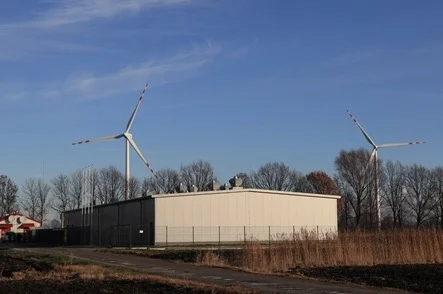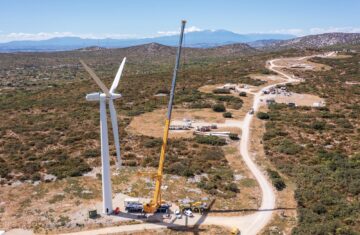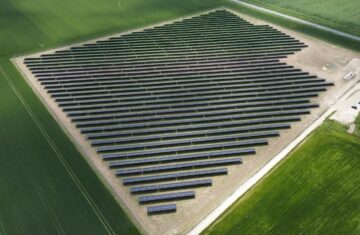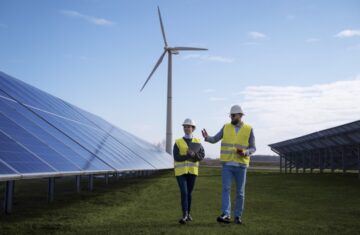Japan is set to enhance its cooperation with Poland in the energy sector, focusing on strategies to help Poland reduce carbon emissions. This initiative comes as both countries aim to address the challenges posed by climate change and energy sustainability.
Key Points of Cooperation
- Bilateral Discussions: Japanese government officials, including a parliamentary vice-minister from the economy and industry ministry, are scheduled to visit Poland next week to discuss energy cooperation [1].
- Focus on Decarbonization: The two nations are expected to agree on advancing collaboration in nuclear and renewable energy sectors, which are crucial for Poland’s decarbonization efforts [1].
- Ammonia as Fuel: Japan plans to share its technology for using ammonia as a fuel in coal-fired power generation. This is significant because ammonia, when burned, does not emit carbon dioxide, making it a cleaner alternative [1].
- Nuclear Power Support: Japan is also considering providing technological assistance for the construction of nuclear power plants in Poland, further supporting the country’s transition to cleaner energy sources [1].
- Poland’s Energy Landscape: Currently, coal power constitutes about 70% of Poland’s energy output. The Polish government is eager to accelerate its decarbonization efforts by leveraging Japan’s advanced technologies [1].
- Economic Opportunities: For Japan, this energy cooperation presents an opportunity to expand business and investment prospects in Poland, which is experiencing relatively high economic growth compared to other EU member states [1].

This partnership not only aims to enhance energy sustainability in Poland but also strengthens the economic ties between Japan and Poland.
Learn more:
- Japan, Poland to deepen cooperation in nuclear, renewable energy sectors | NHK WORLD-JAPAN News
- Energetyka – Poland Japan Foundation
- Japan’s Ammonia-Coal Co-Firing Strategy a Costly Approach to Decarbonization, Renewables Present More Economic Alternative | BloombergNEF



